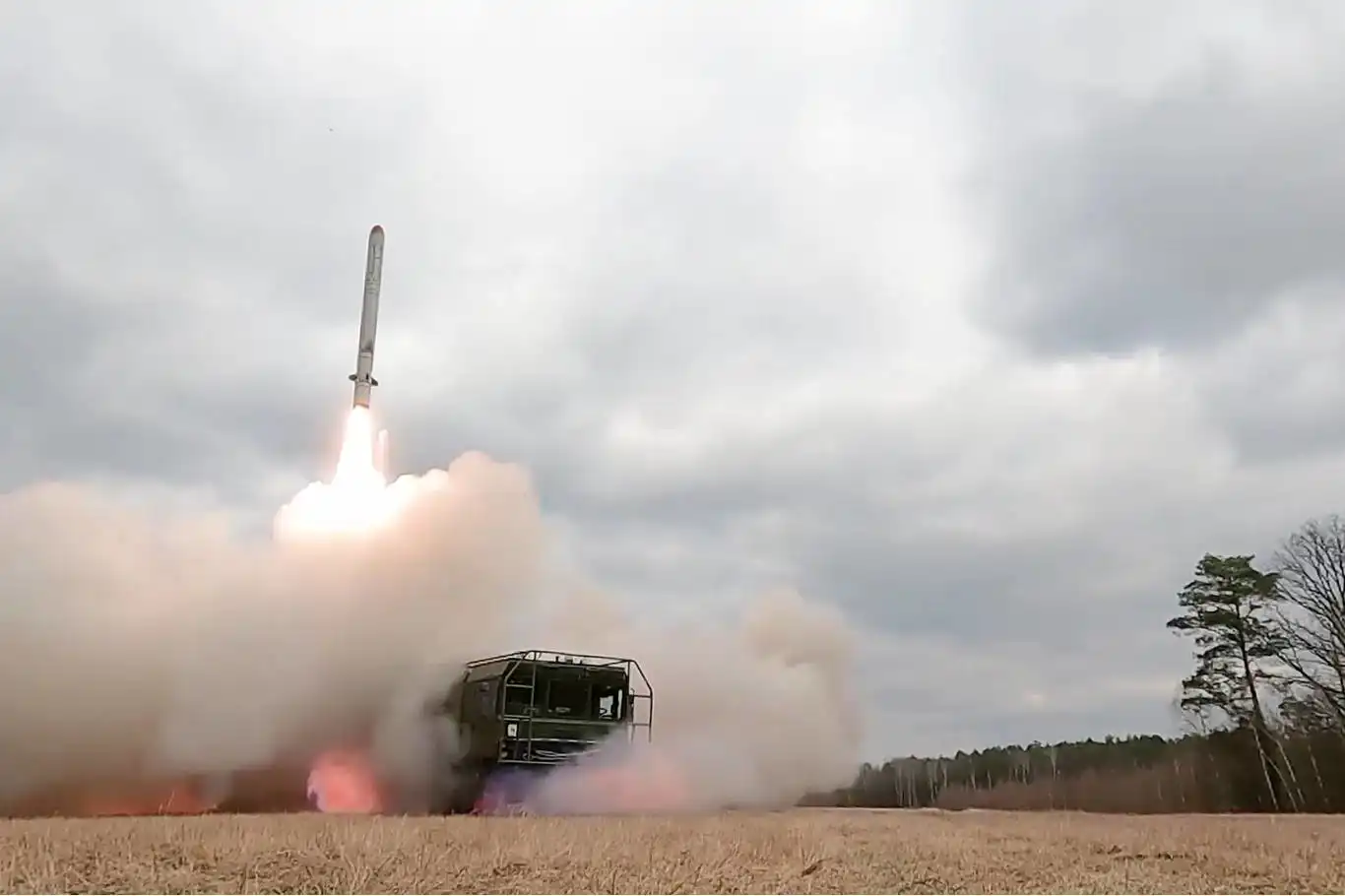Putin expands Russia's nuclear doctrine amid rising tensions with the West


Russian President Vladimir Putin has approved revisions to the country's nuclear doctrine, expanding the circumstances under which nuclear weapons could be deployed.
The updated policy now allows for nuclear retaliation in response to conventional missile strikes on Russian territory if backed by a nuclear-armed state.
The revised doctrine outlines new scenarios that could trigger a nuclear response, including attacks involving conventional missiles, drones, or other aircraft. The policy also states that an assault by a member of a coalition aligned with a nuclear-armed state will be considered an act of aggression by the entire coalition, potentially warranting a nuclear response.
These changes follow reports of the U.S. authorizing Ukraine to use American long-range missiles to target sites deep within Russia. President Putin has previously warned that such a move would signify “direct involvement of NATO countries, the United States, and European countries in the war in Ukraine.”
The U.S. decision reportedly comes in the wake of Russia’s alleged deployment of North Korean ground troops to support its operations in Ukraine, a development that has raised alarms in Washington and Kyiv.
As the war in Ukraine reaches its 1,000th day on Tuesday, tensions between Russia and Western nations have escalated to levels reminiscent of the 1962 Cuban Missile Crisis. The conflict continues to polarize the international community, with Moscow asserting its actions are defensive measures against Western aggression, while Kyiv condemns them as attempts at imperialist expansion.
The revisions to Russia’s nuclear doctrine underscore the intensifying geopolitical stakes of the ongoing war. Analysts suggest the move is intended to deter Western nations from providing Ukraine with advanced weaponry, further complicating efforts to de-escalate the conflict.
The developments highlight the growing complexities of a war that has reshaped global alliances and rekindled Cold War-era tensions. The international community remains deeply divided on the path to resolution, as the situation in Ukraine shows little sign of abating. (ILKHA)
LEGAL WARNING: All rights of the published news, photos and videos are reserved by İlke Haber Ajansı Basın Yayın San. Trade A.Ş. Under no circumstances can all or part of the news, photos and videos be used without a written contract or subscription.
Renewed fighting between Thailand and Cambodia has killed at least 41 people and forced hundreds of thousands of civilians to flee their homes, as clashes along the two countries’ disputed border intensify despite repeated diplomatic efforts to restore a ceasefire.
At least six people, including women and children, were killed and 42 others injured after a passenger bus overturned in the Fifth Square area of North Salang in Afghanistan’s Baghlan province, local authorities confirmed.
Ukrainian President Volodymyr Zelensky has reiterated that it is impossible to hold elections in parts of Ukraine currently under Russian occupation, stressing that any nationwide vote can only take place once basic security conditions are guaranteed.
United Nations Secretary-General António Guterres on Saturday stressed that Palestinians must be given a genuine “horizon of hope,” calling for the full and unconditional implementation of the ceasefire and an end to the ongoing cycle of violence that has devastated Palestinian lives.